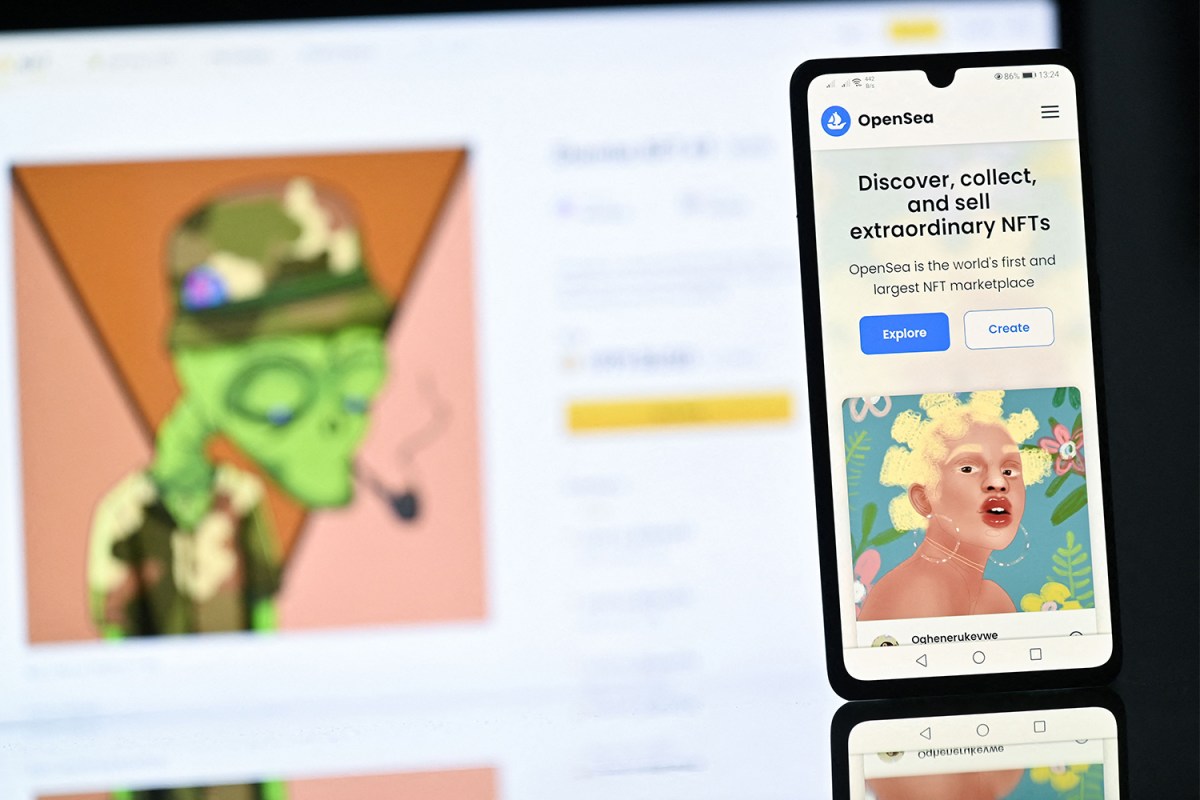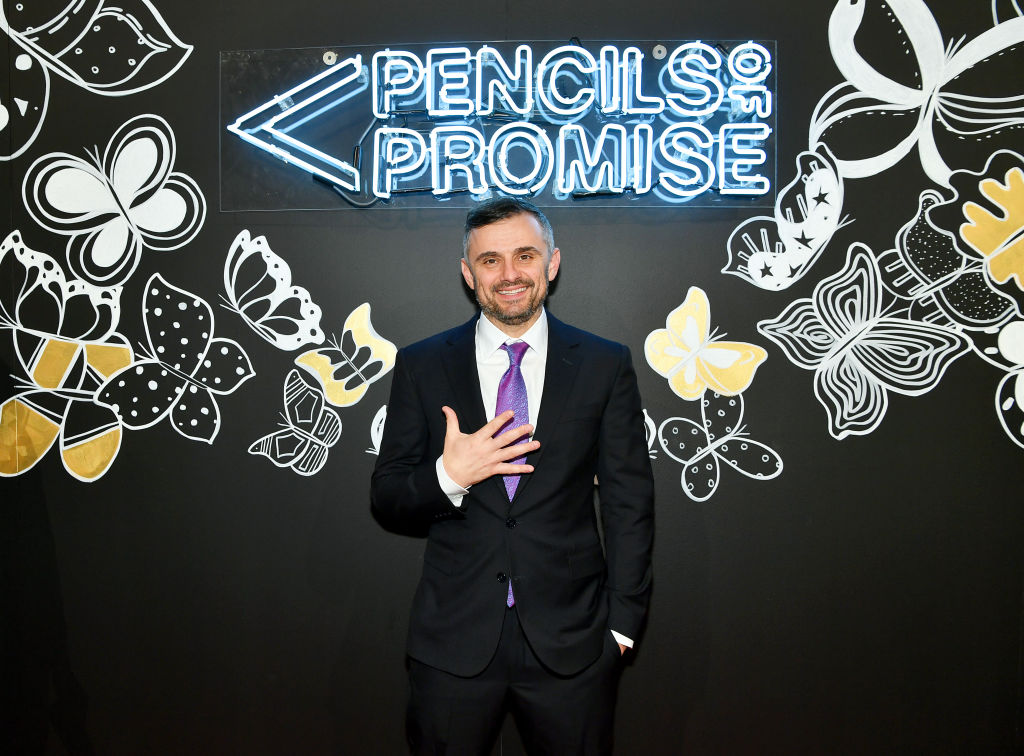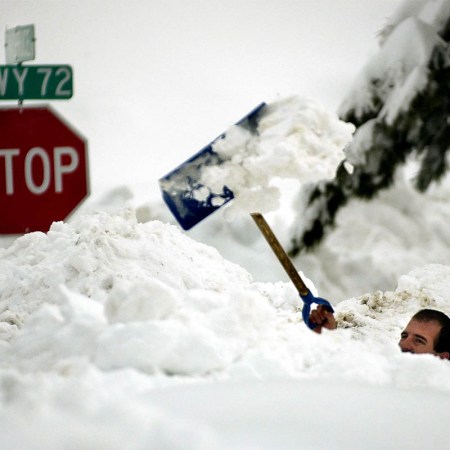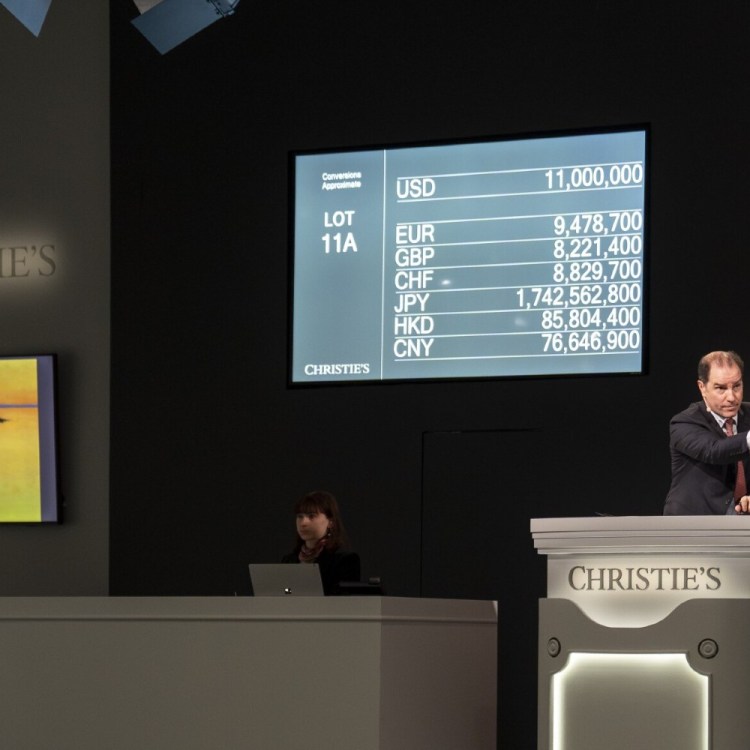If you’ve always thought NFTs are a scam, the largest NFT marketplace appears to agree — at least in part.
On Thursday, OpenSea, one of the most popular online marketplaces dealing in non-fungible tokens, said that over 80% of the NFTs created for free on the platform are “plagiarized works, fake collections, and spam.” As Vice reported, the revelation came after the company instituted, then quickly reversed, a rule meant to crack down on fraudulent NFTs.
Earlier in the day on January 27, Opensea “announced that it would limit how many times a user could create (or ‘mint’) an NFT for free on the platform using its tools to 50,” Jordan Pearson wrote at Vice. “So-called ‘lazy minting’ on the site lets users skip paying a blockchain gas fee when they create an NFT on OpenSea (with the buyer eventually paying the fee at the time of sale), so it’s a popular option especially for people who don’t have deep pockets to jumpstart their digital art empire.”
It’s also apparently a popular option for people who are stealing artwork from others, turning it into digital assets and then selling it without fear of consequences.
Artists have been sounding the alarm about stolen work in the NFT realm, and OpenSea’s answer to their concerns was to limit their free minting option. But on the same day they announced the change, the company struck it down due to apparent backlash from users.
“To all the creators in our community impacted by the 50 item limit we added to our free minting tool, we hear you and we’re sorry,” the company wrote on Twitter. They added, “In addition to reversing the decision, we’re working through a number of solutions to ensure we support our creators while deterring bad actors.” No details were offered about those solutions.
This is par for the course for NFT marketplaces: promising action against the nefarious, harmful parts of the business, but then always deciding to prioritize money and growth. As we reported earlier this month, NFT platform Nifty Gateway outlined a plan to offset their carbon emissions in March of 2021; as of January 2022, they haven’t implemented that plan, or done any significant offsetting at all.
Thanks for reading InsideHook. Sign up for our daily newsletter and be in the know.










![Noah Wyle [third from left] with the season 2 cast of "The Pitt"](https://www.insidehook.com/wp-content/uploads/2026/01/the-pitt-season-2-schedule.jpg?resize=750%2C750)






